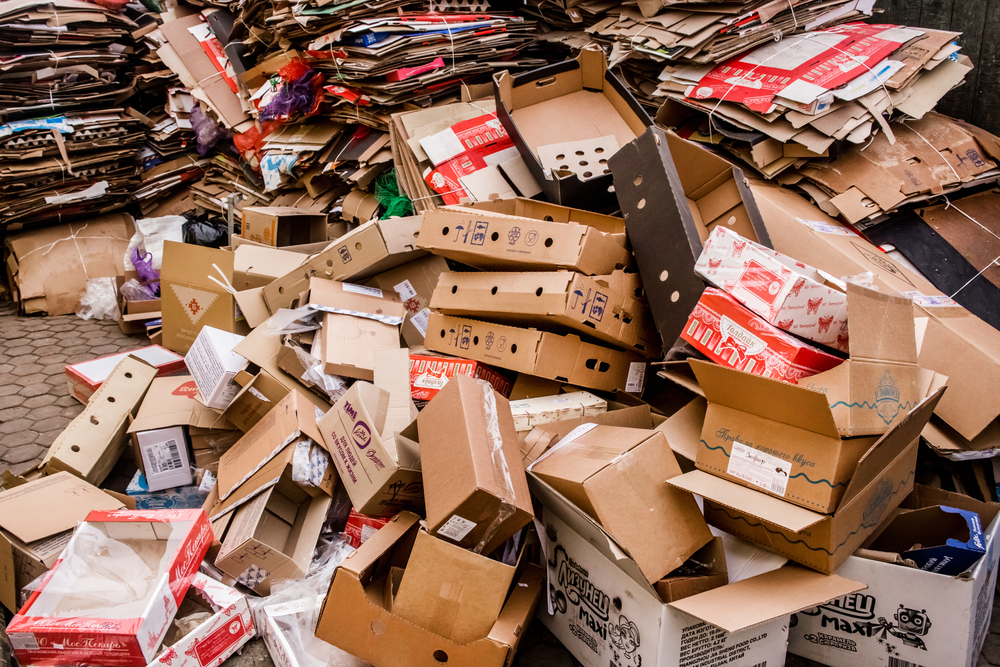Fast knowledge is about solving problems, slow knowledge is about preventing them.
Knowledge is being applied faster and on a larger scale than ever before – with consequences that are sometimes disastrous. Farmers can use the latest chemical pesticides to protect their crops, but the pests soon develop resistance to these new substances. This is an example of the failings of “fast knowledge”, according to environmental philosopher David Orr. Truly valuable knowledge is developed through a lengthy process of trial and error, he believes, and not by racing ahead with some new but untested innovation.
As a rule, fast knowledge – standardized, measurable solutions – is seen as the pinnacle of human progress. But many of society’s current problems can be traced to the fact that we apply knowledge before we took the time to consider the consequences. The speed at which we are confronted with new technologies – in communication, agriculture, health, energy, etc. – and with growing mountains of information in all fields, far exceeds the human ability to absorb and learn from it.
Orr, who teaches environmental studies at Oberlin College in Ohio, has begun championing what he calls slow knowledge, whose main themes are thoroughness, patience and harmony. In The Nature of Design: Ecology, Culture, and Human Intention (Oxford Press, 2002) Orr describes slow knowledge as resilient, elegant and, most of all, practical. Fast knowledge, meanwhile, is usually hierarchical, abstract, and based upon a sense of competition. Laboratories, universities and boardrooms are the places where fast knowledge is usually created out of reams of new data. Slow knowledge often arises from the wisdom of local communities. – MV











